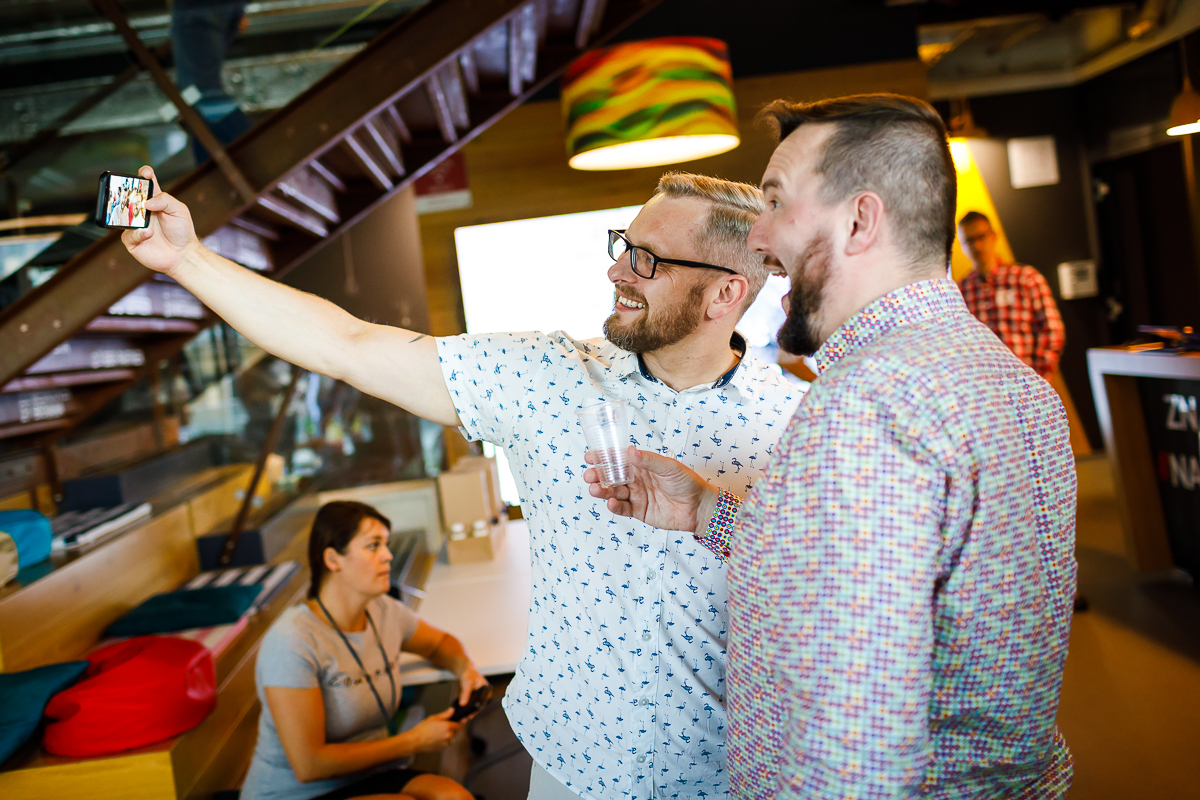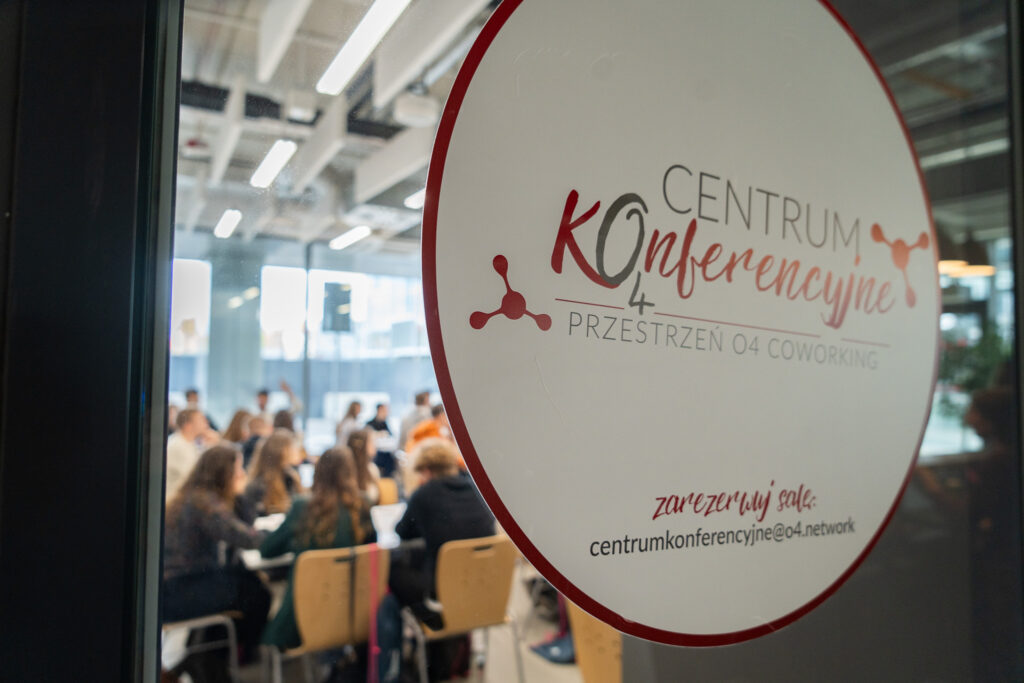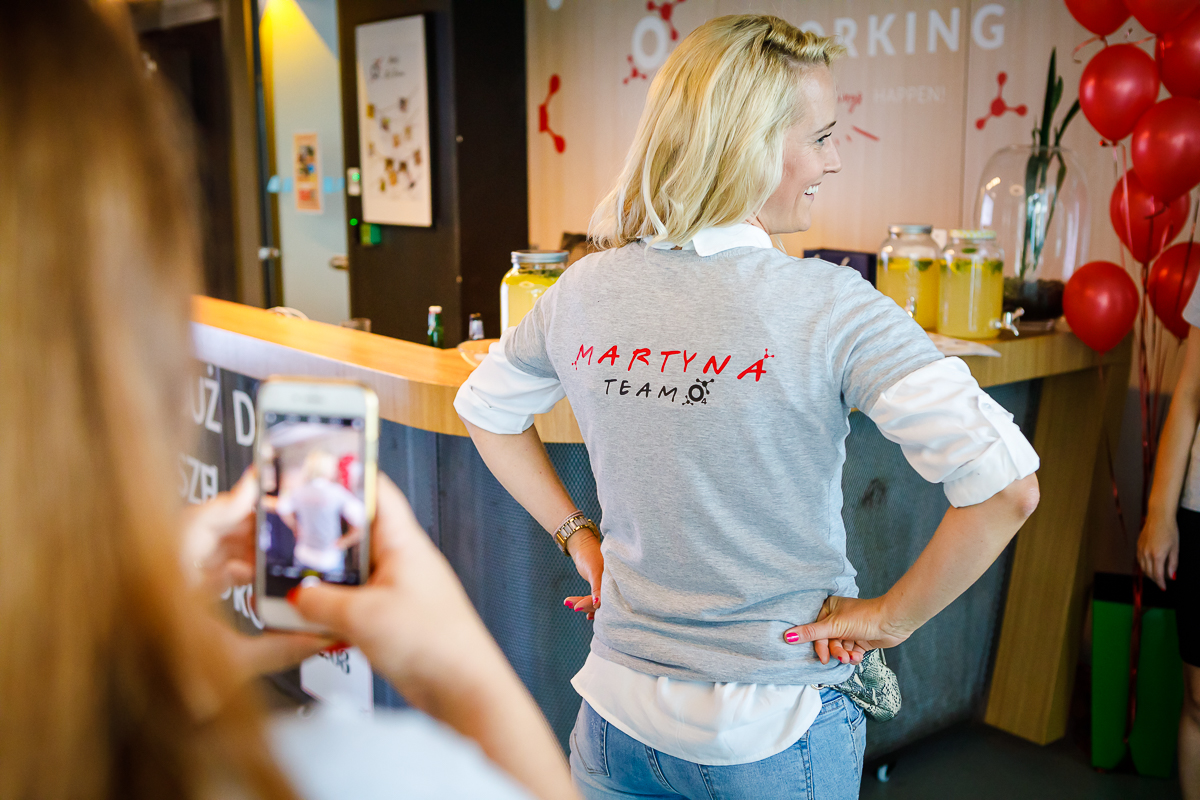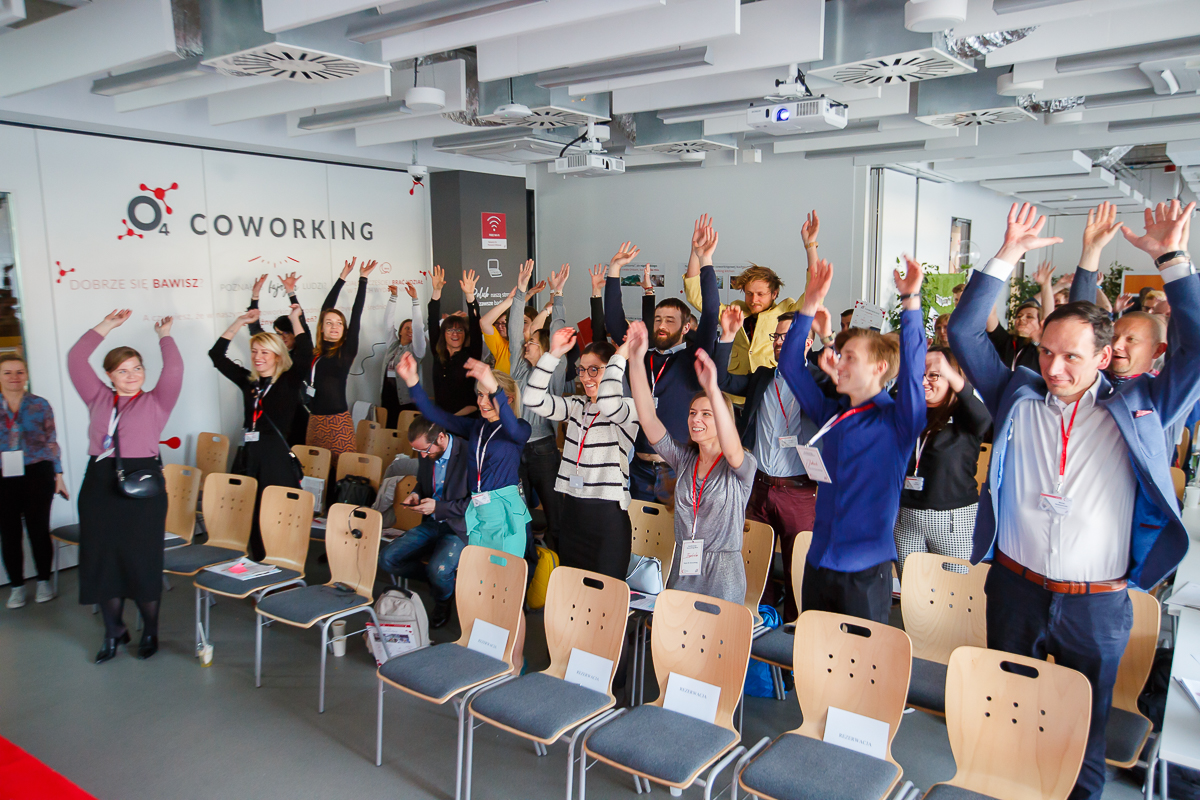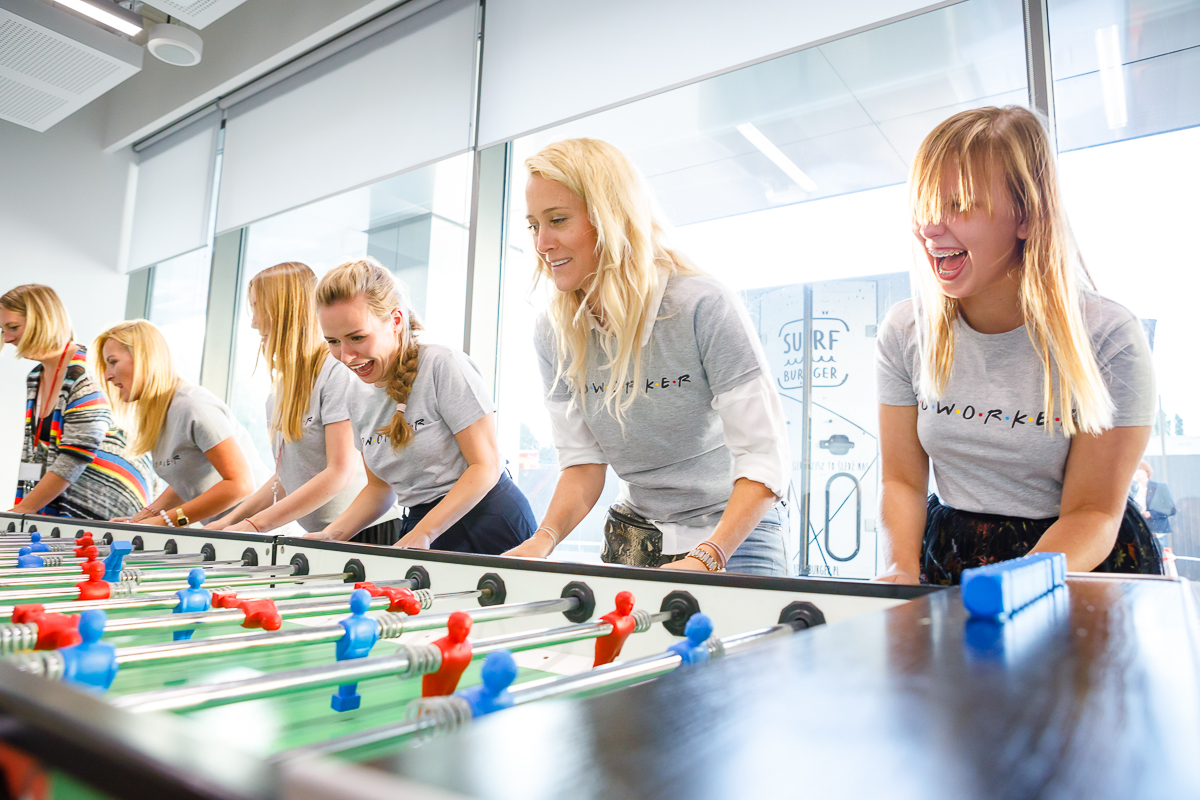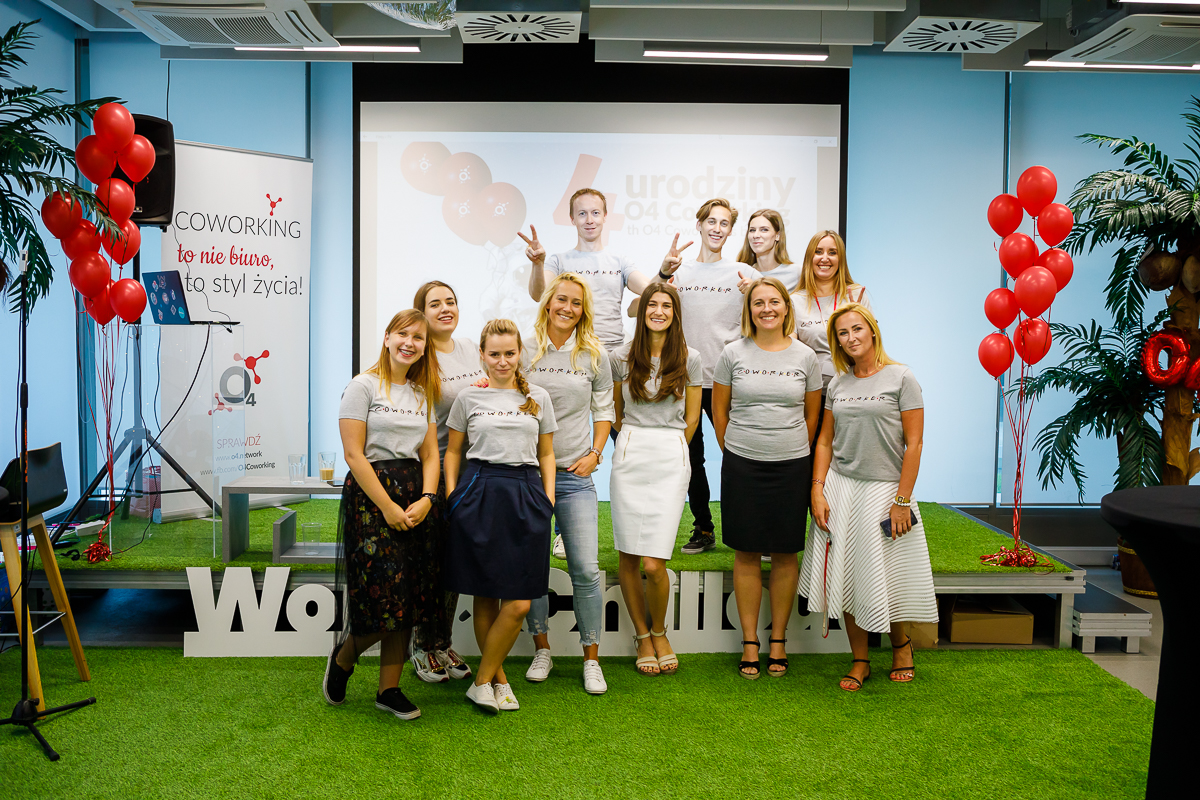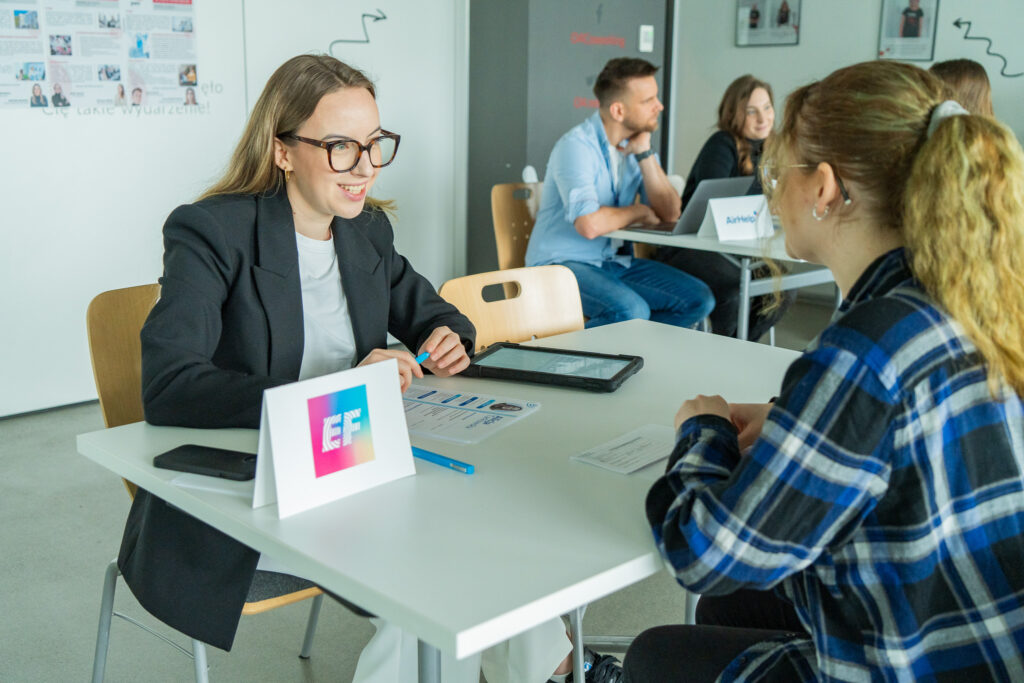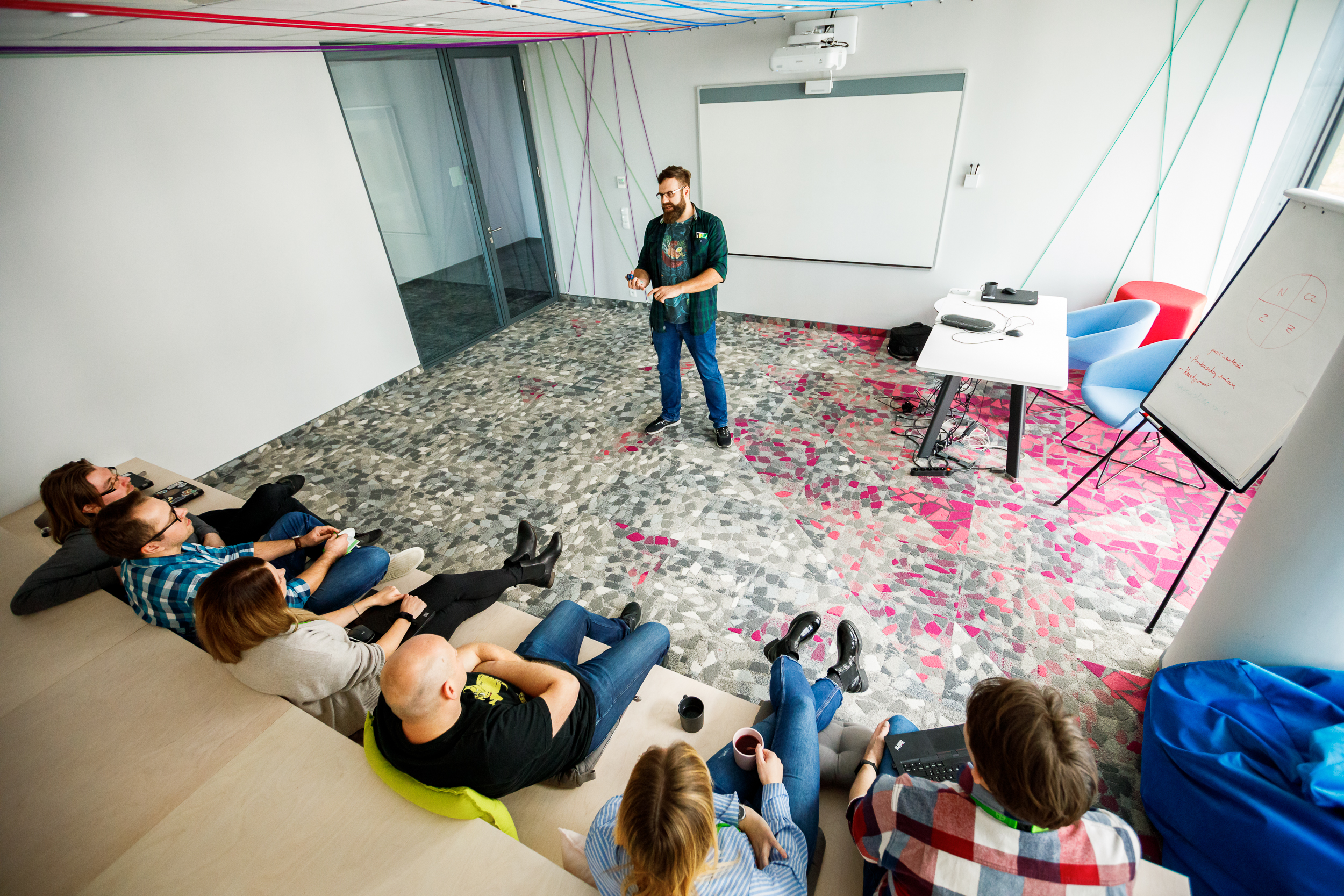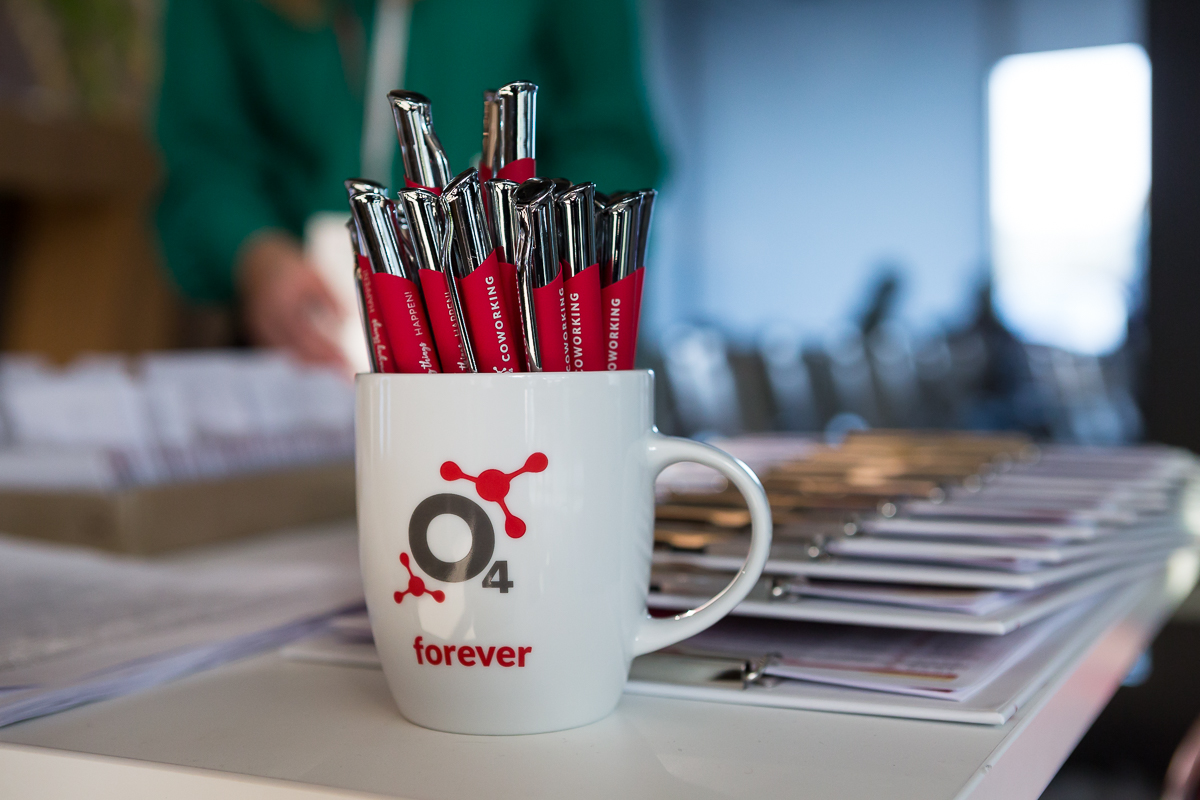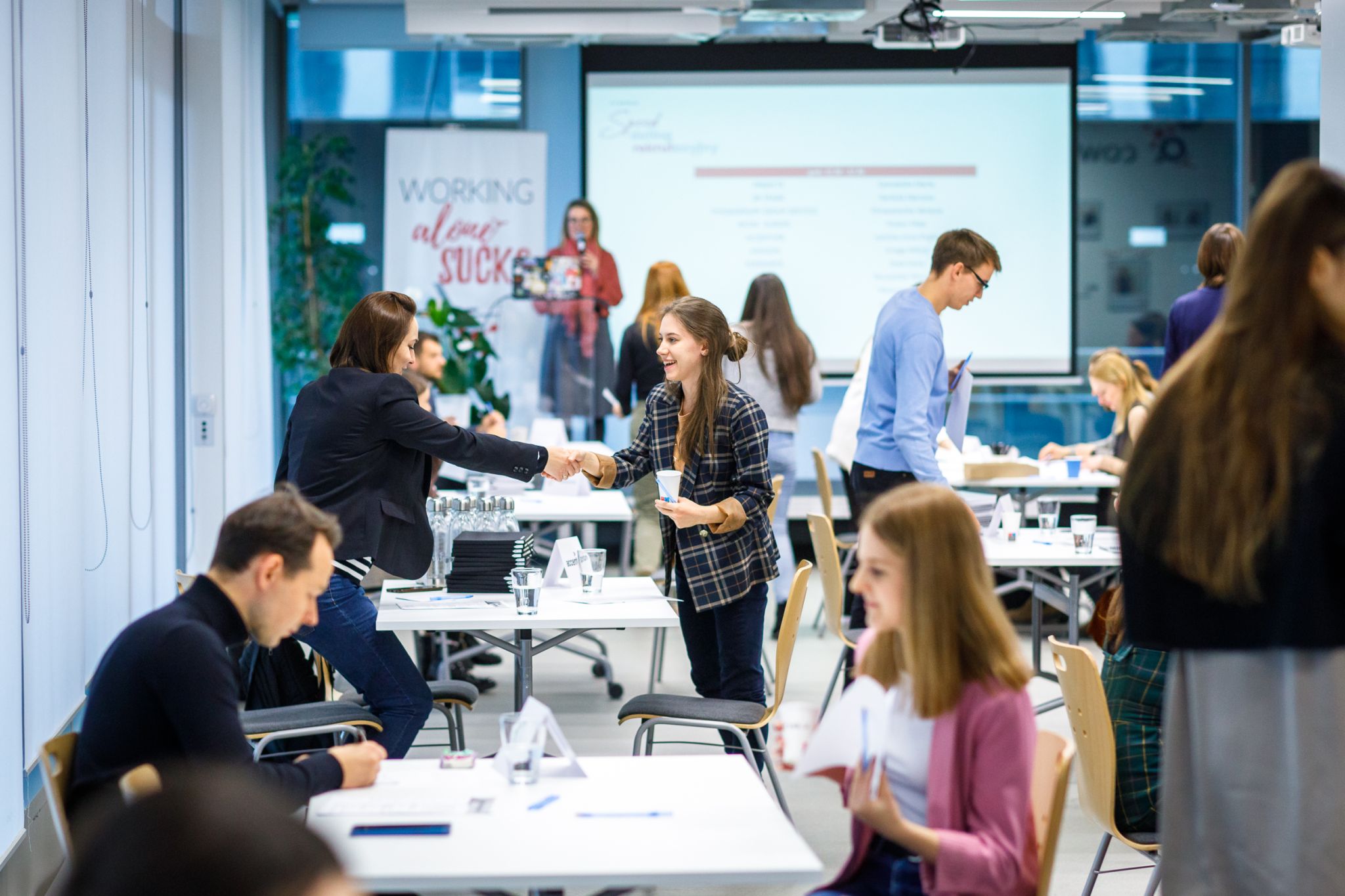The office, as a workplace, has been subject to revolutionary changes for several years. Today’s solutions have been used for years in coworking spaces (shared offices), which are currently experiencing dynamic development and expanding the group of customers. This is thanks to the use of know-how gained over the years. Currently, their experience should be used by every player on the office market.
The example of the O4 coworking space in Gdańsk, located in Olivia Centre in Gdańsk, allows us to see the benefits of using shared offices by both developing enterprises and the largest global corporations. Even universities have started to notice their offer, locating research and development projects there. This benefits both the coworking spaces themselves, their tenants, and business centers that allow operators to enter their premises.
The popularity of coworking spaces is based on the evolution of our thinking about work and office space. Changes in thinking patterns have allowed many managers to open their eyes to a much more flexible approach to the tasks performed by their employees. Stationary work brings a number of benefits, but they do not have to be implemented within a rigid, formalized framework. The effect of market liberalization is the multiplication of options and the simplification of rules. Time has shown how positively it has had a positive impact on the office market. Companies are renting smaller spaces because they have learned flexibility and space optimization in recent years. For office owners and operators, this means a better mix of tenants, and thus a diverse business environment, much more willing to cooperate with each other, as well as a lower level of dependence on strategically important, largest tenants of their space. All these features have characterized coworking spaces from the very beginning, and thanks to their flexibility, they attract more and more diverse tenants.
The beginnings of O4 coworking space date back to 2015, when the concept itself was not yet popular. At that time, it limited itself to the offer of renting modules, prepared for a dozen or so workstations, focused on 2000 m.kw, where, in addition to offices, there were developed kitchens, places for relaxation, meetings and quiet work zones.
The benefit for start-ups was simple rules. A person entering such an office did not have to know about commercial rental, understand what service-charges and add-ons are, and – probably most importantly – declare for 5 or 7 years.
As Marta Moksa, director of O4 coworking, declares, the development of this form of office space sounds simple and seems easy, but for the operator it is not at all: The development and scaling of flex offices has radically accelerated only recently – before that, it required evangelization of the market, customers and agents, fixing hundreds of irreparable errors made in connection with the effect of novelty (mainly at the design and hardware stage), improving administrative and operational processes. O4 Coworking has probably gone through all the painful lessons. From “beautiful, but not necessarily functional” kitchens and furniture, which forced us to renovate and improve, to understanding the real and, interestingly, ever-changing needs of customers .
After almost 10 years of operation, O4 offers a service that radically goes beyond the originally understood term of serviced offices. Comprehensive services for developing companies require much more than just the organization of good quality and friendly workspace. Users of shared offices, being in a key phase of their business development, are eager to use the support of many processes related to their business activity. Just as for them it means a lot of relief from duties, for the office space operator it is an opportunity to create an additional service, increasing the satisfaction of running a business in a given location.
We can see that coworking and flex clients don’t just need an “office”. They need support in taking care of their employees, recruiting and building well-coordinated teams, strengthening prestige in the eyes of customers, convenience and helping them deal with burdensome, time-consuming, but necessary “trifles”. Finally, they need business contacts – networking and community building are the biggest distinguishing features of O4 (10 years of experience in this field makes us an expert in all “do’s and don’t’s” of such activities) – sums up Marta Moksa. Providing additional services not only increases the satisfaction of landlords, but also increases the competitiveness of a given coworking space and gives a chance for further development.
It is not without reason that the potential of coworking spaces has long been noticed by large corporations, which see a great opportunity and relief in flexibility and management convenience. On top of that, they offer what is not always available in traditional offices: a community – a creative, cooperative and modern environment, positively stimulating development and new ideas.
This is a powerful argument for the big ones who persuade people to come to the office. When employees can choose their own days in the office, the key factor is that… They will not be alone in it! So if someone from a large organization comes to flex and even in their office there are not too many co-workers, they are already in coworking kitchens, table football or chill zones! – emphasizes Marta Moksa. Corporations see another benefit of coworking offers in business centers: they have a fully ready, perfectly prepared space at hand, which they can use for the needs of temporary projects. They have office space at hand, which is available without the need to conduct complicated and protracted negotiations, complicated contracts binding the parties for many years.
The development of additional services in O4 is also an example of the evolution of thinking about coworking spaces. Their range currently includes support in classic forms of recruitment, but also, for example, in the form of recruitment speed-dating, which is becoming increasingly popular. Tenants have at hand the offer of organizing integration corporate events, conferences and meetings with business leaders, motivational speakers, pioneers in many market segments, who infect with their openness, enthusiasm and creativity. Coworking also develops its cooperation with research centres, offering employers a unique opportunity to promote the most popular fields of study in the environment of the latest years, m.in. at the University of Gdańsk, Gdańsk University of Technology, WSB Merito University.
Currently, O4 manages 86 offices, which can employ a total of almost 700 people. In 2025, the Gdańsk coworking will open its hundredth office, thanks to the expansion of its activities with new locations in Olivia Centre. So far, it has been operating in four buildings in this largest business center, where it offers very diverse spaces. From designer offices, meeting rooms and conference rooms located on high floors of Olivia’s buildings to only 4 m.kw. offices, prepared in shared spaces. They offer not only full kitchen and integration facilities, but also the above-mentioned community, introducing irreplaceable buzz and life in the workplace.
The creativity, energy and agency of the O4 Coworking team resulted in a fantastic development of this concept in Olivia Centre. The synergy it creates in combination with the largest business centre in Poland, which is Olivia Centre, has been used to the maximum – says Bogusław Wieczorek, the representative of the management board of Olivia Centre. We and our residents benefit from the existence of the O4-ian community in a number of ways. It is not uncommon for our residents to become O4-ians and vice versa. Project teams can be located in coworking space, and on the other hand – the need for more office space is met by Olivia. This means that customers and the team use the same address and place, regardless of the stage of their business development.

